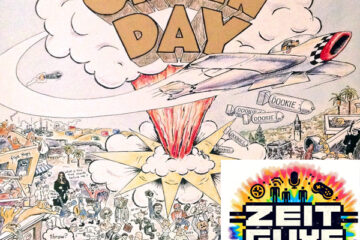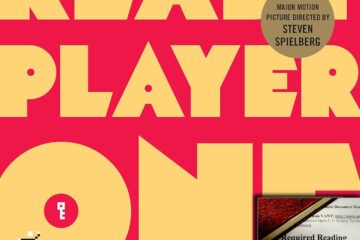“Meaning of the Fourth of July to a Negro” by Bridget Durham
The Fourth of July is a day of celebration for many Americans because on July 4th, 1776, America declared independence from Britain and said that everyone was free under the US government, right? Not everyone. The founding fathers left black people and women out of these rights for “everyone.” Douglas even says, “What have I, or those I represent, to do with your national independence? Are the great principles of political freedom and of natural justice, embodied in that Declaration of Independence, extended to us?” He directly points out the hypocrisy in the document by stating that he is not free under the eyes of the law, and neither are the people he is supposed to represent. As he moves through the speech, he starts to use satire and point out the stereotypes that have been given to slaves; that they are dumb and cannot speak eloquently. These stereotypes were the doings of slave owners because they refuse to teach them literacy and his pointing that out shows how there is no valid reason as to why they should not be freed.
As the speech continues, he grows his use of rhetoric, “I say it with a sad sense of disparity between us. I am not included within the pale of glorious anniversary!” His use of pale here is a duality, pale as in color pointing to the feeling that the 4th is only for white people, and that it is weak and fable. “Your high independence only reveals the immeasurable distance between us.” Douglas is saying that they are not being treated the same and there is a great divide between black and white people. The amount of freedom that is given to white people shows how prominent racism is and that is what is causing the division.
“The sunlight that brought light and healing to you, has brought stripes and death to me.” The sun that grows the crops slaveowners sell has brought prosperity to them, but to the slaves it has brought whippings and being worked until death. Douglas says that This Fourth of July is “yours, not mine. You may rejoice. I must mourn.” Douglas knows that it is his duty to mourn the people who have lost their lives during slavery, so he cannot celebrate and does not wish to.
“Fellow citizens, above your national, tumultuous joy, I hear the mournful wail of millions!” he is telling the audience how despite their festivities, millions are still suffering. “What, am I to argue that is wrong to make men brutes, to rob them of their liberty, to work them without wages, to keep them ignorant of their relations to fellow men, to beat them with sticks, to flay their flesh with the lash, to load their limbs with irons, to hunt them with dogs, to sell them at auction, to sunder their families, to knock out their teeth, to burn their flesh, to starve them into obedience and submission to their masters?” Douglas is very selective with his word choice pointing out every single grievance slaveowners have committed against slaves. They have been robbed of their freedom, kept from money, kept them illiterate so they cannot communicate with others and see what the outside world is like, beat them, whip them, hunt them, sold them as property, and separated from their family. All for manual labor. Douglas ends with a poem to the people to leave a lasting impression. In conclusion, Douglas argues for the freedom of all slaves and leaves the listeners with a knowledge of what has been happening to slaves.
“Meaning of the Fourth of July to a Negro” Speech Analysis by Xavier Byams
In Frederick Douglass’s “Meaning of the Fourth of July to a Negro” speech he dissects who really has independence and the injustices in America “The Land of the Free.” Douglass was an American social reformer, abolitionist, orator, writer, and statesman. After escaping slavery in Maryland, he became a national leader of the abolitionist movement becoming famous for his speeches and incisive antislavery writings.
Douglass starts off his speech by paying homage to the Founding Fathers of America so as not to completely discredit what the founding fathers accomplished calling them brave and great men. Then, he moves into the primary point of his oratorical. Douglass asks the question, “What have I, or those I represent, to do with your national independence?” Douglass is referring to the fact that he is an African American man who does not have the same freedom, social standings, or rights as to who celebrates the Fourth of July. Rich white men. Douglass goes on to say, “This Fourth of July is yours, not mine. You may rejoice, I must mourn. To drag anthems, were inhuman mockery and sacrilegious irony. Do you mean, citizens, to mock me, by asking me to speak to-day?” Douglass makes the point that the Fourth of July is not a day of joy for black people. What freedom do black people have to celebrate? All men are created equal unless you are poor, black, or a woman. Douglass calls it a mockery to have him speak on a day that reminds so heavily of the freedom that America claims to give to all, but does not.
Douglass says, “America is false to the past, false to the future, and solemnly binds herself to be false in the future.” Douglass uses the rule of three to state one of the most important parts of his whole speech. Americans are hypocrites and not only are they hypocrites, but America will stay hypocritical forever if things do not change. To say America is the land of the free, but to have millions of slaves just shows that only a select few were truly free in America.


